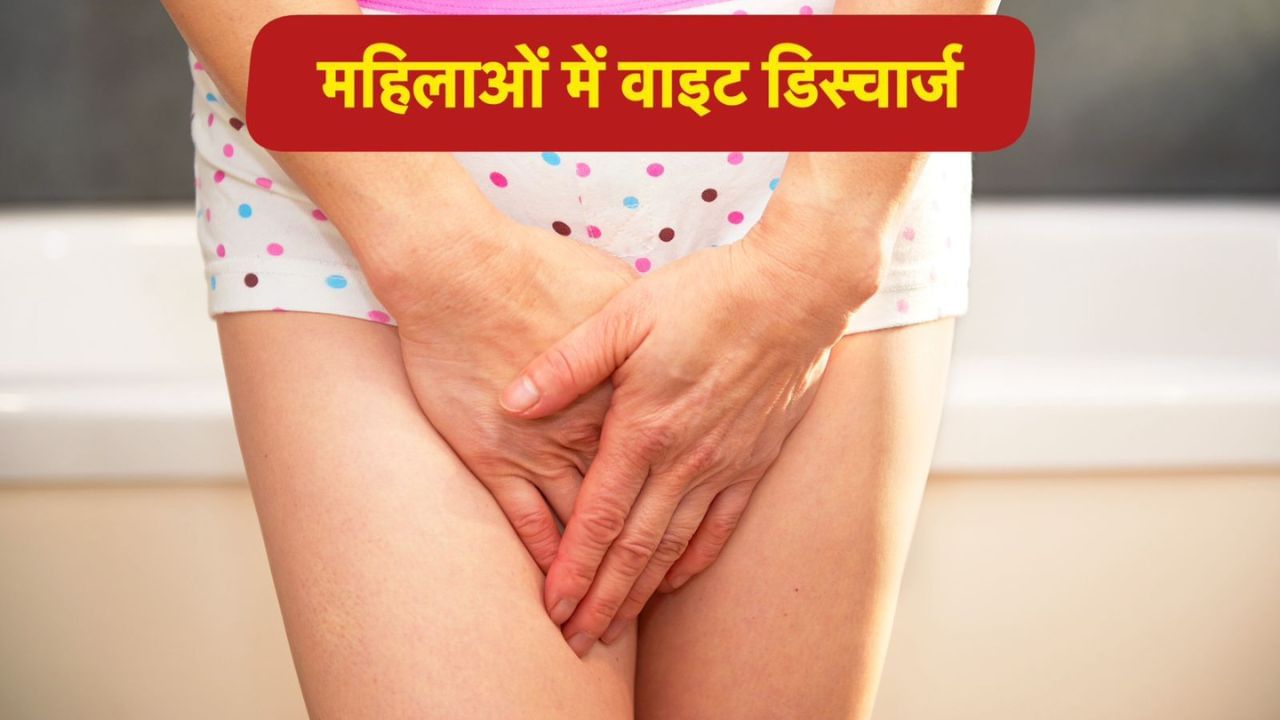white dischargeImage Credit source: Getty Images
Female white discharge: White discharge means coming out of white fluid. This is a normal process of women’s body. It helps keep the vagina clean, moist and safe from infection. This mostly happens before or after ovulation, periods or due to hormonal changes. Sometimes this can also happen due to stress, weakness or lack of sleep. As long as there is no odor, itching or change in color, it is completely normal. This is considered a sign of healthy functioning of the body and there is no need to be afraid of it.
If white discharge If the quantity increases, the color starts appearing yellow, green or brown, or it starts having a foul smell, then it can be a sign of some infection or disease. In such a situation, itching, burning or pain is often felt in the vagina. These symptoms may be caused by fungal or bacterial infections, such as candidiasis or bacterial vaginosis. Sometimes sexually transmitted infections (STIs) also cause this. If timely treatment is not done, the infection can spread to the uterus, which can also cause problems related to the reproductive system in the future.
Which diseases are at risk due to change in discharge?
Dr. Saloni Chadha, Assistant Professor in Onco Gynecology Department at AML Hospital It is said that white discharge is a normal process. There is no danger from this, but change in its color can indicate many diseases. In bacterial vaginosis the discharge becomes thin and smelly. If the discharge appears yellow or green, it could be a symptom of a vaginal infection like trichomoniasis.
In some cases, cervicitis or pelvic inflammatory disease (PID) is also the cause, which affects the uterus and fallopian tubes. In these conditions, stomach ache, fever or pain during intercourse may also be felt. Therefore, do not ignore the change in discharge and consult a doctor in time.
Keep these things in mind
Take care of daily cleanliness and wear cotton undergarments.
Do not wear synthetic underwear.
Always keep private areas dry and clean.
Drink enough water and take a balanced diet.
Contact your doctor immediately if there is any change.
Do not wear wet clothes or panty liner for too long.
Reduce stress and get enough sleep, as hormonal imbalance can also increase discharge.
